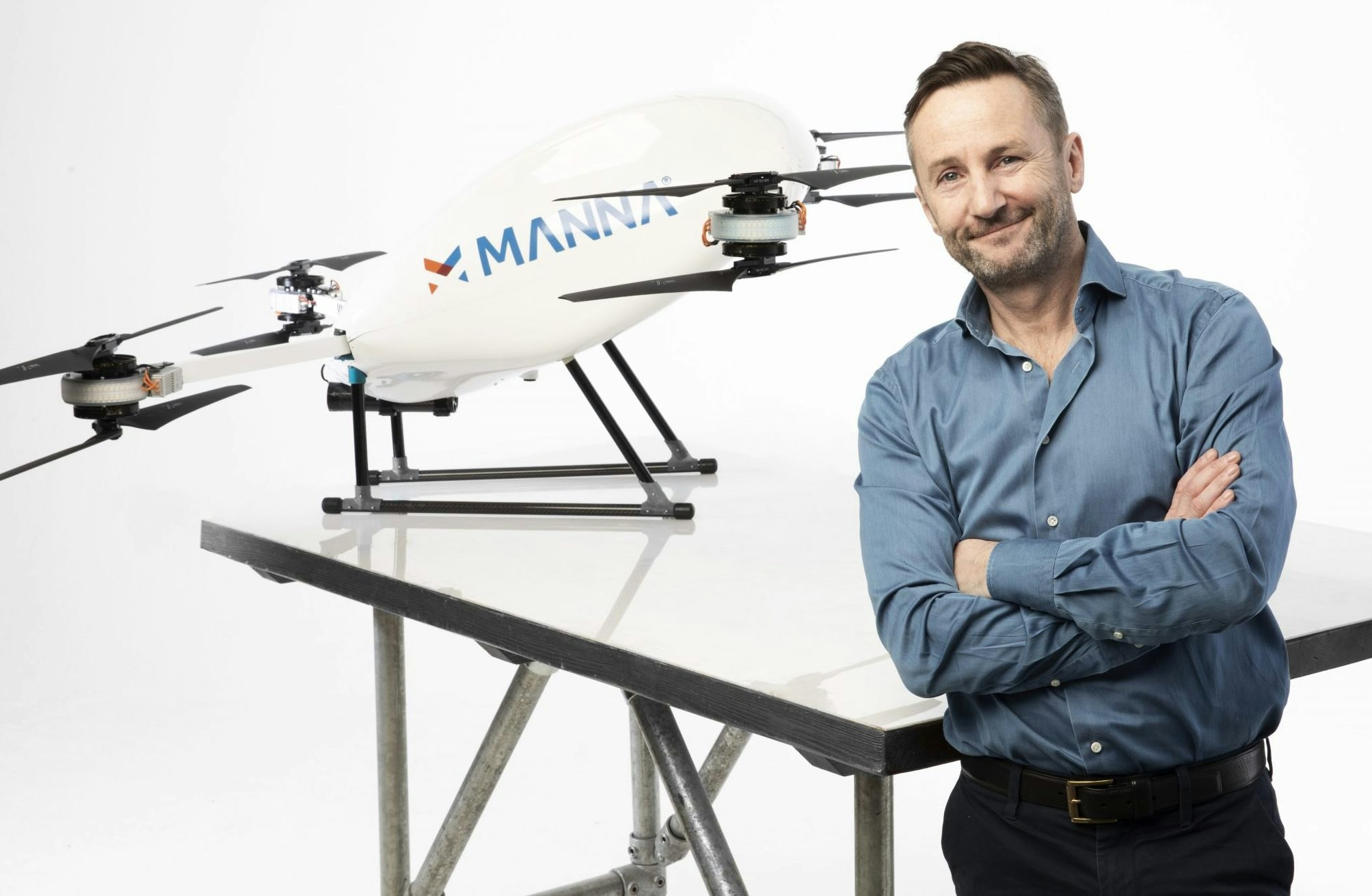Despite Covid-19’s challenges, Europe’s scaleups have proven to be remarkably resilient. While almost all were forced to adapt and pivot, the number of UK scaleups doubled in 2020.
So what’s the secret for growth in difficult times? And how can scaleups hit the ground running as the UK returns to the office? As Parveen Dhanda, head of programmes at UK scaleup accelerator Tech Nation, says, there’s no silver bullet.
“When it comes to scaling your company post-pandemic, it’s important to remember that there is no one-size-fits-all approach. The challenges and opportunities facing your startup or scaleup business will be unique to your sector, your audience and your stage of growth,” says Dhanda.
We asked three founders across healthtech, construction and fintech about their top tips for growth during uncertain times.
Hire for soft skills rather than experience or location
One of the biggest issues scaling companies face is that they need to bring in a large number of employees in a short space of time. The challenge lies in not only finding talent with the right skills, but also people who will quickly and easily fit into the company culture, letting leadership focus on the bigger picture.
According to CEO and founder Sean Nolan, this was definitely the case for Blink, an app that connects frontline and key workers to their organisation.
Blink allows key workers to access health data, work-critical programmes and messaging services — all things that became especially vital during the pandemic. To keep up with demand, Blink’s team needed to grow fast.
Ironically, the pandemic actually helped Blink grow their workforce. Working remotely due to lockdown allowed them to hire from anywhere, and they grew from 15 employees to 50. Nolan says scaling organisations should keep hybrid working as a core part of their strategy, even upon return to the office.
When it comes to scaling your company post-pandemic, it’s important to remember that there is no one-size-fits-all approach.
He also says scaleups should identify nontraditional key competencies, or soft skills, and prioritise those over location or experience. “That means prioritising skills like coachability, desire to learn, customer focus and bias for action over more traditional things like experience or education,” Nolan told Sifted.
Nolan says it was crucial his new staff quickly understood Blink’s mission, and identified ‘empathy’ as the key trait he was looking for while hiring.
“One of the main qualities we look for is empathy, specifically in relation to our number one value: 'Frontline First.' So, even if you're a backend programmer or working in accounting, serving the frontline should be your North Star at all times.”
Embrace asynchronous working
The reality for businesses looking to scale is they will be managing new hires in a hybrid, if not entirely remote, working arrangement. According to research, 71% of candidates want some form of flexible working, post-pandemic.
After securing $18.5m investment from Google’s investment arm, GV, in the early stages of the pandemic, construction data and analytics platform nPlan is looking to scale from 20 to 80 employees in the space of 12 months
Going from 20 to 80 means they’ll need a much bigger space. nPlan opened an office in Sydney in the summer of 2020, and have told staff that their London HQ will now be seen as a place to collaborate and socialise rather than a place for individual productivity.
nPlan CEO and cofounder Dev Amratia says that scaling remotely — and globally — only works with an “empowering and trusting culture” where people don’t need to be physically present to complete their work. nPlan has committed to asynchronous working, and uses note taking and video capture tools so employees can seamlessly collaborate with their colleagues on products across locales and time zones.
“It's basically downplaying the value of being there in person. Being there in time and in sync actually holds very little value,” says Amratia. “It’s totally trust-driven, which I think is super important in remote or even hybrid situations.”
[Working] in time, and in sync, actually holds very little value.
Don't lose sight of long-term goals
The current uncertainty of the market has presented a question to many founders: do you adapt your product to the current climate, or stick to your original vision?
Francesca Carlesi, CEO of digital mortgage lender Molo, believes that companies looking to scale during times of crisis need to keep their overall mission in sharp focus. Companies should be flexible to the changing market, but avoid being distracted by short term tactics, she says.
“Avoiding continuous turns and changes just to take advantage of short term opportunities is key to truly building a company that will win in the long term,” says Carlesi.
Avoiding continuous turns and changes just to take advantage of short term opportunities is key to truly building a company that will win in the long term.
The pandemic has meant borrowing and mortgage needs have become more complex for many feeling the financial squeeze. This has opened up an opportunity for digital lenders like Molo to reshape the market.
Carlesi says Molo was able to capitalise by keeping their original unique selling proposition consistent — while making smaller adaptations to their offering to suit its customers’ changing needs. She credits this strategy with Molo’s exponential growth; its year-to-date lending in 2021 is 500% higher than 2019 and 2020 combined, and sale conversions have increased by 750% so far this year.
“Make sure to stay focused on developing a truly differentiating unique selling proposition,” she says. “But respect customer needs and understand behaviour shifts in the market. That guides us in improving our product and offering the best customer experience.”
Make sure to stay focused on developing a truly differentiating unique selling proposition.
Scale your business with Tech Nation
What do Blink, nPlan and Molo have in common? They’re part of a network of Tech Nation alumni that has collectively raised over $20bn since the programme’s inception.
Tech Nation helps UK businesses scale through a range of growth programmes available to all sectors and stages.
Applications are now open for their Applied AI, Fintech, Upscale, Future Fifty, Libra and Net Zero programmes. Selected businesses will receive peer-to-peer learning, access to world class scaleup coaches and valuable networking — all completely free.
For more information on how you can apply, visit the programmes page on their website.
Apply now to one of Tech Nation’s leading growth programmes.



